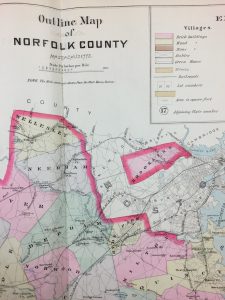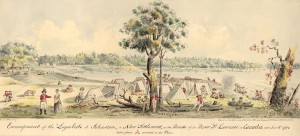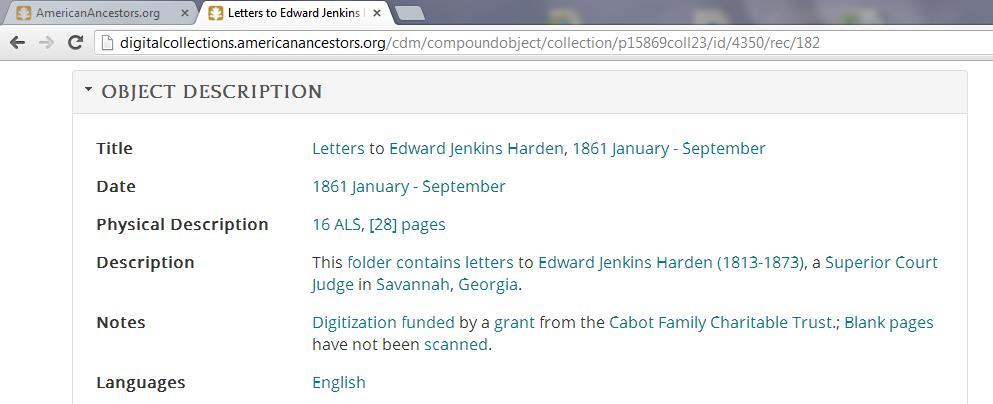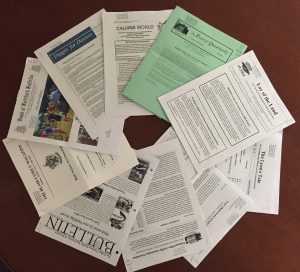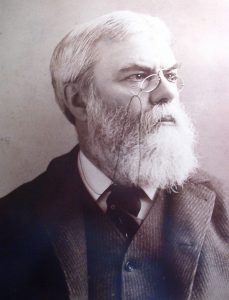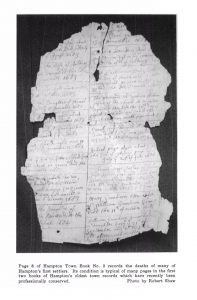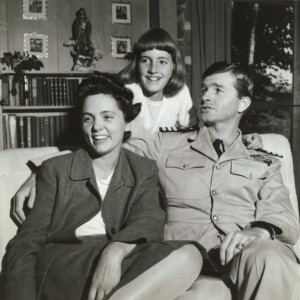
On the face of it, my mother’s immediate family was Southern: her father was born in Norfolk, Virginia, and her mother in Baltimore, Maryland. Things quickly get complicated, though, as my grandfather’s mother and my grandmother’s father were both born in Ohio; it was their spouses’ respective families who had the Virginia and Maryland connections. A generation further back, and my great-great-grandfather William Boucher Jr. (1822–1899) is my most recent immigrant forebear, arriving from Mannheim in the Grand Duchy of Baden in 1845. It will not be surprising, perhaps, that some other nineteenth-century ancestors hailed from elsewhere in the United States, or that both of my maternal grandparents had a lot of New England ancestry. Continue reading Lucky clues
